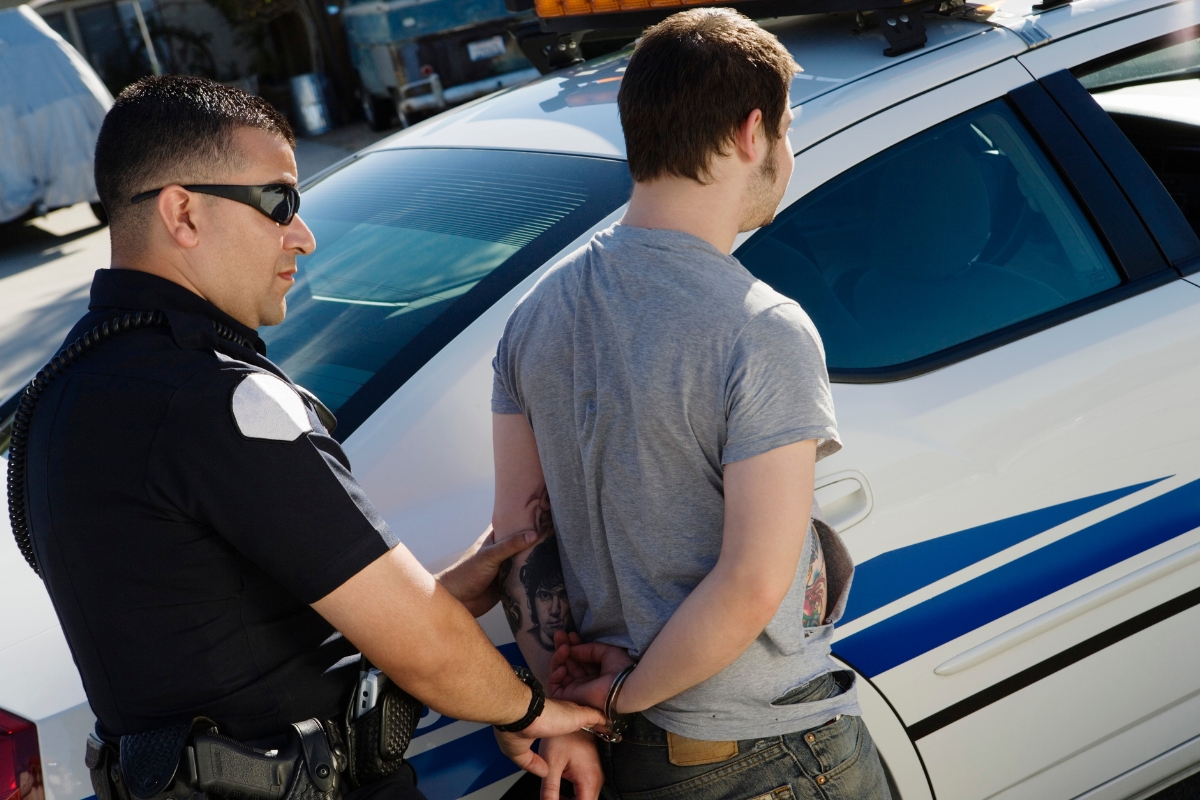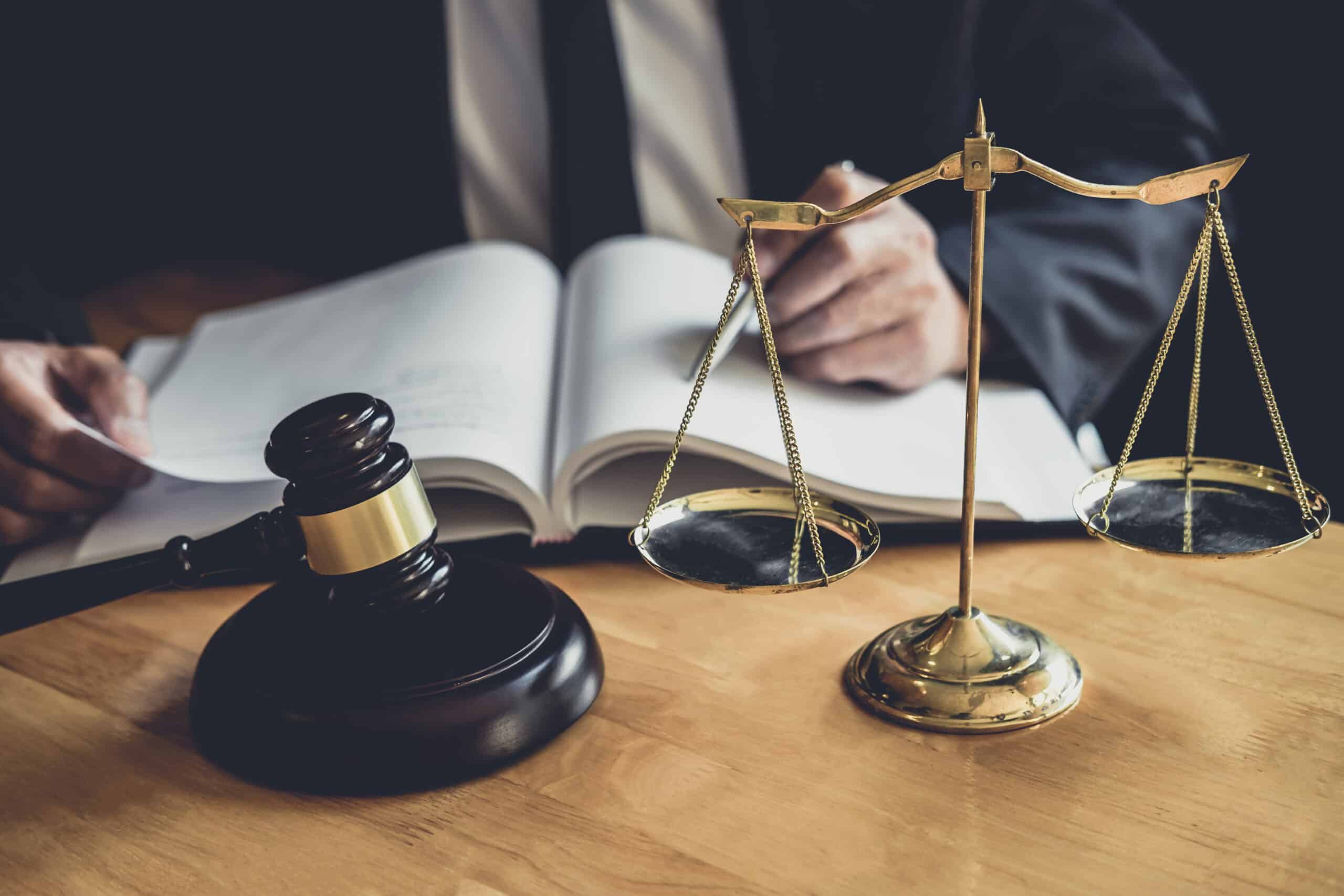A DWI arrest can flip your entire life upside down. One moment you’re driving home after dinner with friends, and the next, an officer is placing you in handcuffs on the side of the road. Suddenly, you’re facing criminal charges that threaten your license, job, and future. The emotional toll hits fast but you’re not alone. If you’re wondering how to push back against the charges, this guide is for you.
We’ll break down real, proven strategies for defending against DWI arrest accusations. Whether you’re facing your first offense or dealing with a repeat charge, knowing your rights and how top attorneys win these cases is crucial. Through a mix of legal insight and real-life stories, we’ll give you a practical roadmap to handle one of the most stressful legal situations you’ll ever encounter.

What Happens Immediately After a DWI Arrest?
Understanding what comes next after a DWI arrest helps you make smart decisions under pressure. In most cases, it all begins with a traffic stop maybe you were speeding, swerving, or had a minor equipment issue. Once the officer suspects you’ve been drinking, they will usually ask you to step out and perform field sobriety tests or take a breath test.
If the officer concludes that you’re impaired, they arrest you and take you to jail. After that, your driver’s license can be confiscated, and you’ll receive notice of a pending license suspension hearing. At this stage, every move you make matters.
The decisions you make during and immediately after the DWI arrest will impact how your entire case unfolds. That’s why it’s essential to act fast and with purpose.
Real Example: Kevin’s Routine Stop
Kevin, a 34-year-old sales executive, was pulled over one night for a broken taillight. The officer claimed to smell alcohol and requested sobriety tests. Kevin agreed even though he hadn’t been drinking heavily. Because of his flat feet and nerves, he struggled with the tests. The officer arrested him on the spot.
Kevin spent the night in jail and immediately contacted a defense lawyer the next morning. His case serves as a reminder that even innocent-looking stops can escalate quickly without the right response.
Step One: Know Your Rights After a DWI Arrest
Even in the heat of the moment, your rights don’t vanish. After a DWI arrest, exercising those rights can change your outcome dramatically. Unfortunately, fear often leads people to give up protections without even realizing it.
- Use your right to remain silent. You don’t have to answer questions about where you were or how much you drank.
- Understand field sobriety test rules. You may legally refuse them, though it could lead to an automatic license suspension.
- Ask for a lawyer right away. Politely but firmly decline to speak until you have legal representation.

Invoking your rights helps limit the evidence prosecutors can use against you. The sooner you assert them, the more options you’ll preserve later.
Challenging the Traffic Stop
Challenging the initial stop is often one of the strongest moves you can make. Police need a lawful reason such as a broken light, erratic driving, or traffic violation to initiate a stop. If the officer lacked reasonable suspicion, then the entire DWI arrest could be considered unlawful.
And if the stop wasn’t legal, then any evidence gathered afterward field tests, BAC results, or admissions can be excluded from the case. This is where a sharp attorney begins building a powerful defense.
Legal Insight: Motion to Suppress Evidence
Your lawyer may file a motion to suppress any evidence collected during an illegal stop. If the judge grants it, the prosecution may lose its case entirely. These motions require technical skill and timing, so it’s crucial to hire someone who understands how to make the argument stick.
Attacking the Field Sobriety Tests
Field sobriety tests are notoriously flawed. These roadside assessments rely on subjective judgment, and many factors besides alcohol can affect performance.
Fatigue, anxiety, poor lighting, bad weather, and medical issues like vertigo or old injuries can cause people to fail even if they’re completely sober.
A seasoned defense attorney will take several steps to dismantle the test results:
- Review video footage for inconsistencies in the officer’s instructions
- Check whether the test was administered properly and in accordance with training
- Highlight any physical or medical conditions that made the test unfair
When done right, this approach exposes doubt and undermines the legitimacy of the DWI arrest.
Challenging the Breath or Blood Test Results
Breath and blood tests are often treated as irrefutable proof, but they aren’t. In reality, these tests come with their own margin for error and smart attorneys know exactly where to look.
Errors can arise from:
- Faulty calibration of the breathalyzer device
- Improper administration by the officer
- Contaminated samples or mislabeling in the lab
- Mouth alcohol interference from recent drinking, certain medications, or acid reflux

Real Story: Jennifer’s Breathalyzer Battle
Jennifer, a 29-year-old high school teacher, was pulled over after a concert. She blew a 0.10 and was arrested. Her attorney dug into the equipment logs and discovered that the breathalyzer hadn’t been calibrated for over 30 days—well past the recommended timeframe.
As a result, the test was thrown out, and the charges were dismissed. Jennifer’s case is a great example of how technical flaws can turn the tables in your favor.
Using Expert Witnesses
Expert testimony can elevate your defense. In a DWI arrest case, a toxicologist, medical professional, or accident reconstruction expert may offer insights that cast serious doubt on the prosecution’s version of events.
For instance, a toxicologist might explain that your BAC was rising during the test, meaning it was lower while you were actually driving. Meanwhile, a neurologist might show that your balance issues stemmed from a diagnosed medical condition.
Jurors often respond strongly to these credible explanations, especially when they expose weaknesses in the government’s evidence.
Reviewing the Officer’s Conduct and Report
Every DWI arrest must follow specific legal procedures. When officers deviate from protocol—even slightly—they open the door for an aggressive legal challenge.
Your lawyer will analyze every part of the report, looking for:
- Inconsistent or vague details
- Gaps in the arrest timeline
- Failure to state probable cause
- Signs of bias, aggression, or misconduct
When they find these flaws, they’ll argue that the arrest lacks the legal integrity needed to support a conviction.
Exploring Plea Bargains and Diversion Programs
Sometimes, avoiding trial is the smartest move. If you’re a first-time offender with a clean record, your lawyer might negotiate a plea deal or request entry into a diversion program. These options can significantly reduce the long-term consequences of a DWI arrest.
Common alternatives include:
- Deferred adjudication, where the case gets dismissed after probation
- Pretrial diversion programs, typically available for non-violent offenders
- Mandatory alcohol education or treatment classes
- Community service hours in place of jail time
Real Case: Marcus’s Fresh Start
Marcus, a college senior, faced a DWI charge just weeks before graduation. His attorney pushed for pretrial diversion and highlighted Marcus’s clean background, academic performance, and willingness to participate in alcohol counseling.
The judge approved it. Marcus completed the program, and his case was dismissed. Today, he works as a financial analyst—and his record remains clean.
Preparing for Trial—When It’s Worth the Fight
In some cases, going to trial isn’t just an option—it’s the best route to a clean slate. If the prosecution’s evidence is thin or your reputation and career are at stake, your attorney might recommend taking the case all the way.
You should consider trial when:
- Evidence is unreliable or incomplete
- There’s reason to doubt test accuracy
- The impact of a conviction would be life-altering
Trial preparation includes a detailed strategy, such as:
- Prepping witnesses for direct and cross-examination
- Organizing and presenting physical and digital evidence
- Crafting jury-friendly arguments
- Running mock cross-examinations to refine delivery
The top trial attorneys walk into court with confidence. They know how to tell a compelling story, dismantle the state’s case, and connect with the jury. Ultimately, their poise can make a jury question whether the arrest ever should have happened in the first place.
Expungement After a DWI Arrest
Even if you win your case, the DWI arrest may still appear on background checks. To truly close the chapter, you may need to pursue expungement or record sealing, depending on the laws in your state.
A lawyer will guide you through the process and determine whether you qualify based on your case outcome. They’ll also help you collect necessary documentation, file the petition, and represent you in any hearings.
Once complete, the arrest won’t appear in job checks, rental applications, or most public records. That peace of mind makes the effort absolutely worthwhile.

Final Thoughts: Take Back Control After a DWI Arrest
Facing a DWI arrest can feel like a nightmare—but it doesn’t have to end that way. By knowing your rights, using smart legal strategies, and getting the right help early, you can defend yourself with strength and confidence.
Key Takeaways:
- Always assert your rights immediately following a DWI arrest
- Challenge the legality of the stop, test procedures, and officer conduct
- Consider expert witnesses to strengthen your technical defense
- Explore pretrial alternatives when appropriate, but prepare for trial when necessary
- After the case, clear your record if eligible to fully move forward


